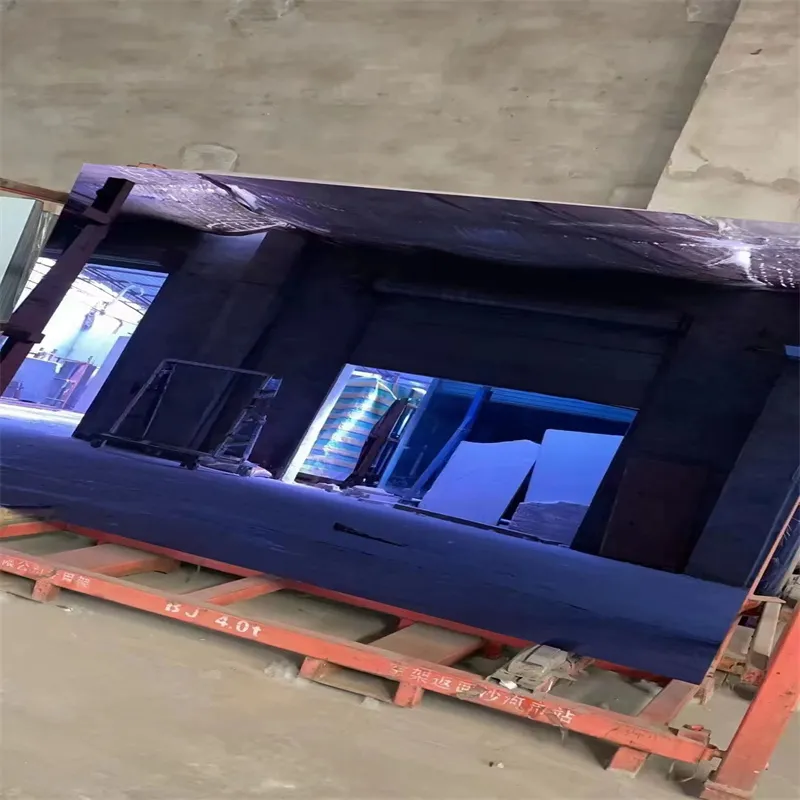Sep . 04, 2024 01:52 Back to list
green laminated glass
The Benefits and Applications of Green Laminated Glass
Green laminated glass is a versatile and innovative building material that has gained popularity in recent years. Combining aesthetic appeal with practical benefits, this type of glass offers a unique solution for architects, designers, and builders looking to enhance both the functionality and beauty of their structures. By incorporating a layer of polyvinyl butyral (PVB) between two sheets of glass, laminated glass provides enhanced safety, energy efficiency, and acoustic performance.
One of the primary advantages of green laminated glass is its safety features. The PVB layer acts as a bonding agent that holds the glass together even when shattered. This means that in the event of breakage, the glass fragments adhere to the PVB layer, preventing dangerous shards from scattering. This makes it an ideal choice for high-traffic areas, commercial buildings, and residential homes where safety is a priority. Furthermore, laminated glass can also be treated to provide additional resistance to impacts, making it a sound option for areas prone to vandalism or natural disasters.
In addition to safety, green laminated glass is highly regarded for its energy efficiency. The green tint not only adds an aesthetic touch but also serves to reduce glare and heat gain from sunlight. This capability helps regulate indoor temperatures, which can lead to significant savings on heating and cooling costs. When used in combination with low-emissivity coatings, green laminated glass can further enhance thermal performance, contributing to a building’s overall energy efficiency and sustainability. As construction moves toward greener practices, using materials like laminated glass is a step in the right direction.
green laminated glass

Moreover, acoustic insulation is another significant benefit of green laminated glass. The PVB interlayer effectively dampens sound vibrations, making it an excellent choice for buildings located in noisy environments or near bustling streets. By providing a more serene indoor atmosphere, laminated glass can enhance comfort for occupants in both residential and commercial spaces.
The architectural appeal of green laminated glass cannot be overlooked. Its subtle hue adds sophistication and elegance to a wide range of designs, whether contemporary or traditional. From facades and storefronts to interior partitions and skylights, the applications are diverse. It can be cut, shaped, and treated to suit various creative visions, allowing architects and designers to push the boundaries of their projects.
In conclusion, green laminated glass is a valuable material that meets the demands of modern architecture. Its safety, energy efficiency, acoustic properties, and aesthetic versatility make it an attractive choice for building professionals. As the emphasis on sustainability and innovative design continues to grow, the use of green laminated glass is poised to become even more prominent in the future of construction and interior design.
-
Safety and Style with Premium Laminated Glass Solutions
NewsJun.24,2025
-
Reinvents Security with Premium Wired Glass
NewsJun.24,2025
-
Premium Float Glass Line for Modern Architecture
NewsJun.24,2025
-
Low Emissivity Glass for Energy-Efficient Architecture
NewsJun.24,2025
-
High-Performance Insulated Glass Solutions for Modern Architecture
NewsJun.24,2025
-
Elevates Interior Style with Premium Silver Mirror
NewsJun.24,2025
Related PRODUCTS














